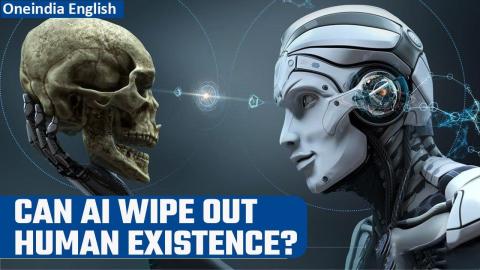The Second Coming of Sam Altman raises new fears of an artificial intelligence apocalypse

Cecilia Weber
Sam Altman, CEO, co-founder and figurehead of OpenAI, was fired by the board of directors on Friday. By Tuesday night, after a mass protest organized by the majority of the startup's employees, Altman was on his way back, and most of the current board members were gone. But this board, which was mostly independent of OpenAI's operations and committed to its "For the Good of Humanity" mission statement, was crucial to the company's uniqueness.
As Altman toured the world in 2023, warning media and governments of the existential risks of the technology he was building himself, he portrayed OpenAI's unusual for-profit structure within a nonprofit as a buffer against irresponsible development of powerful AI. . Whatever Altman did with Microsoft's billions, the board could keep him and the company's other leaders in check. If, in the Board's view, he begins to act dangerously or against the interests of humanity, the group can expel him. "The board can fire me, and I think that's important," Altman told Bloomberg in June.
"It turns out they couldn't kick it out, and that was bad," says Toby Ord, a senior research fellow in philosophy at the University of Oxford, and a leading voice among people warning that AI could pose an existential threat to humanity.
OpenAI's chaotic leadership reset ended with a reshaping of the board of directors made up of corporate tech figures and former US Treasury Secretary Larry Summers. Two directors associated with the Effective Altruism movement, the only two women, were removed from the board. It has crystallized existing divisions over how to manage the future of artificial intelligence.



























